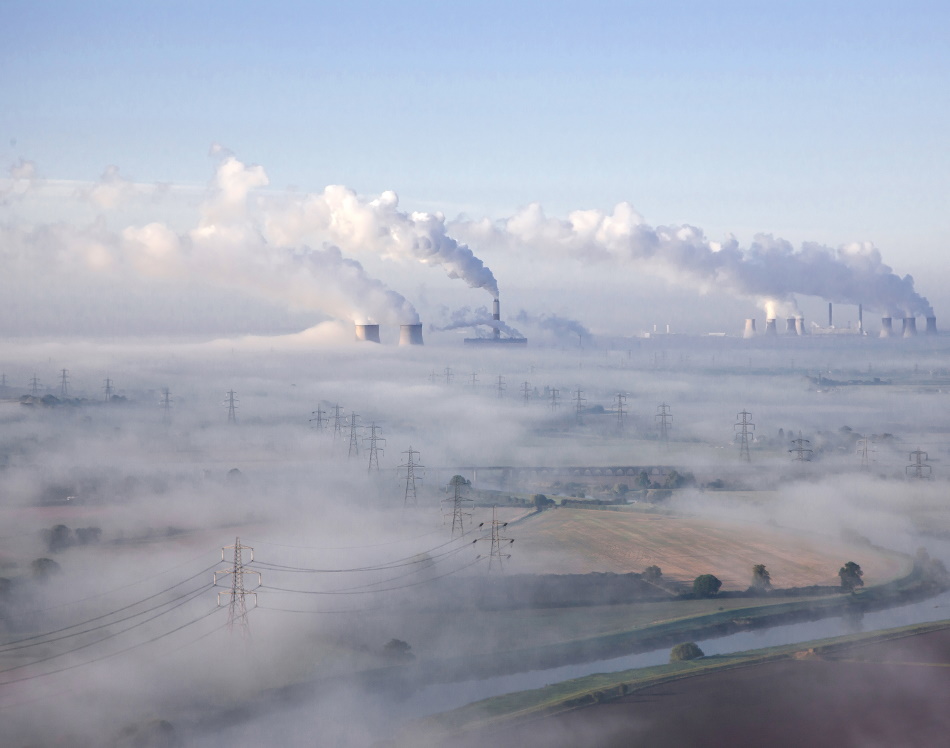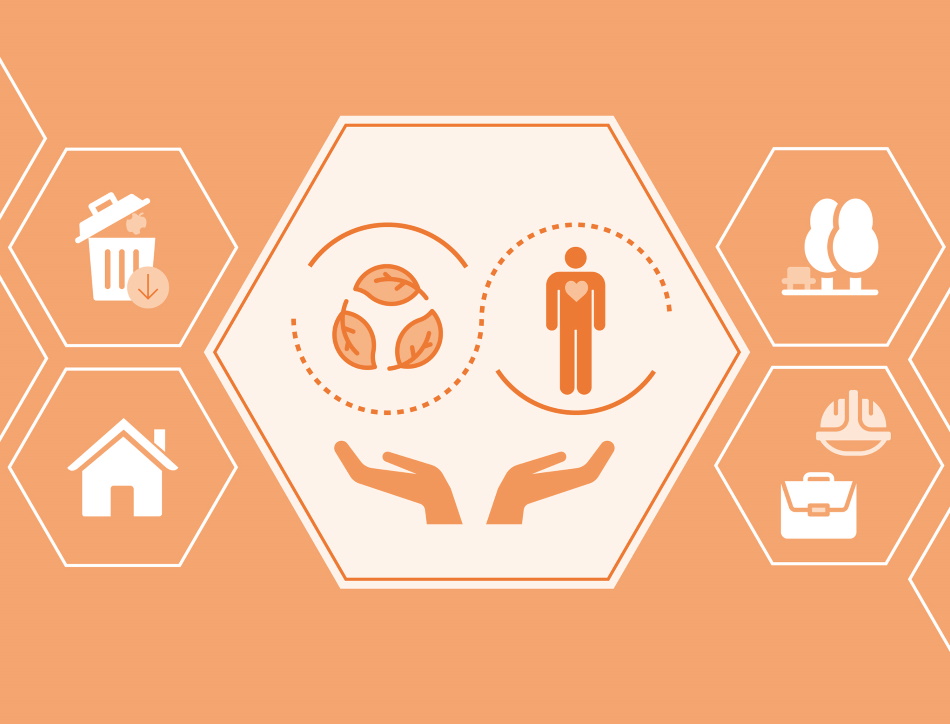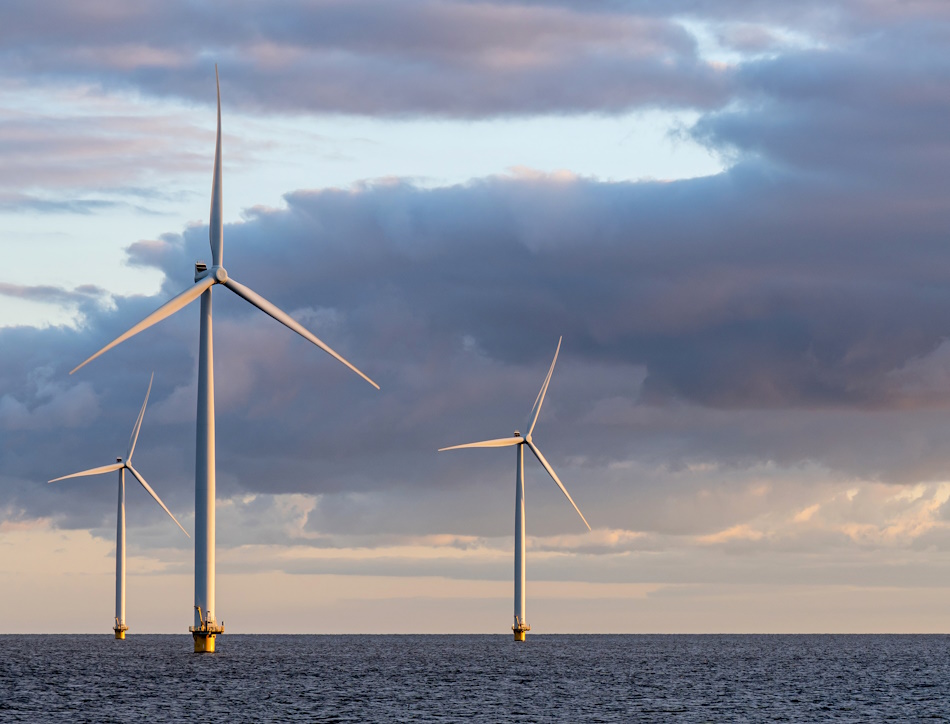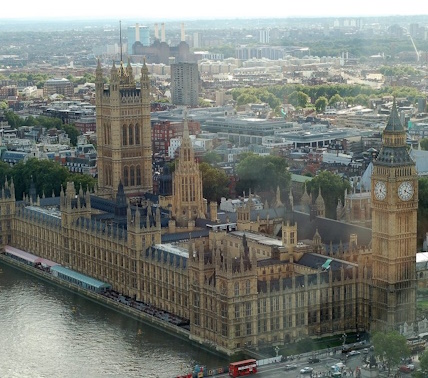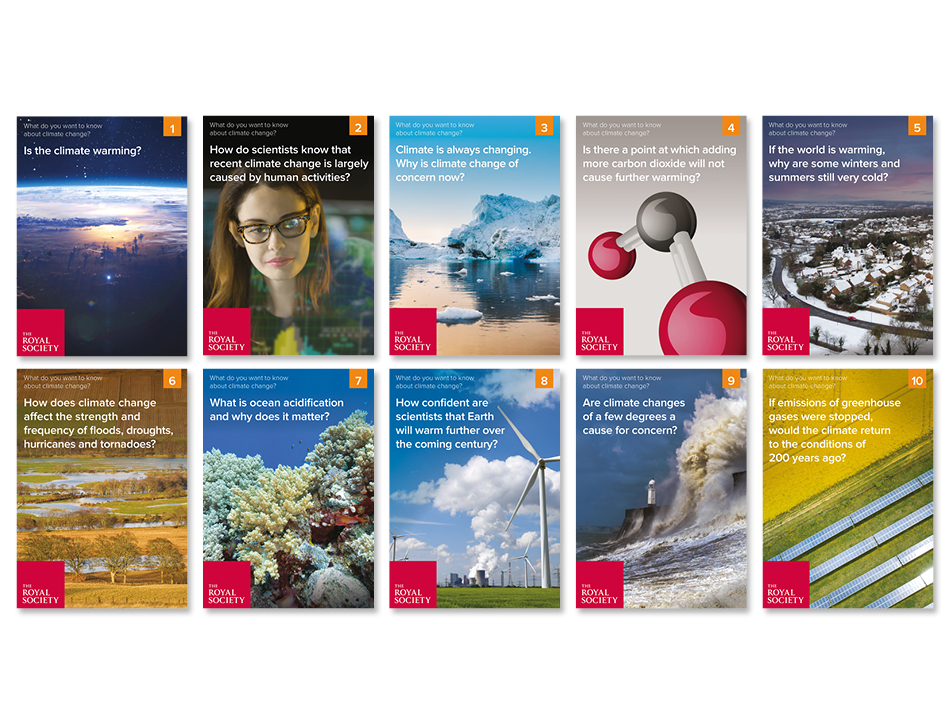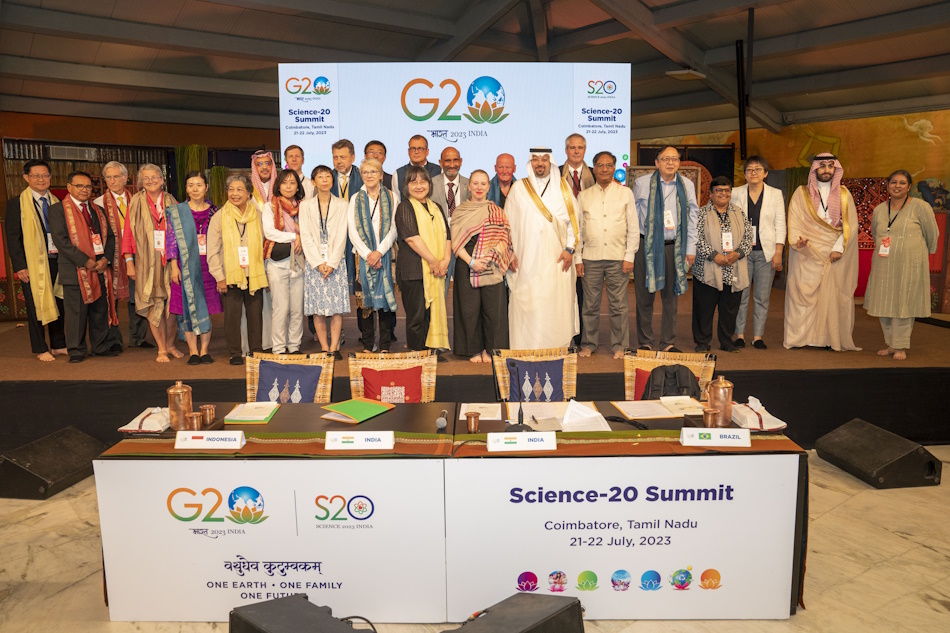The Royal Society funds research, hosts events, and produces summary reports with the aim of ensuring that the best scientific and technological knowledge is available to national and international policymakers.
Key areas include:
- Quantifying the risks associated with our ongoing carbon emissions,
- Developing scientific and technological solutions to reach net zero by mid-century,
- Finding ways to make global society as resilient as possible to inevitable climate change,
- Helping find ways to reduce loss of biodiversity resulting from climate change.
The Royal Society funds research in these fields, with an active Fellowship working in these broad areas.
What we are doing
Funding research: As of mid-September 2024, we are funding over 80 researchers and their teams working in climate and sustainable technologies, with grants worth over £55 million.
Examples include research projects on
- the interactions between climate change and the carbon cycle.
- ways to capture carbon dioxide from the atmosphere and to convert it back into green fuels and other useful chemicals.
- the impact of climate change on coral reefs and how local conditions can help improve the resilience of reefs.
Influencing at home: With the case for recognising the scientific evidence for human induced climate change widely accepted, recent years have seen the Royal Society’s focus switch to accelerating solutions to meeting energy needs and tackling climate change. We have published a range of policy reports on technologies and nature-based solutions that are available now and that must be deployed as quickly as possible. We have also continued to highlight the need for ongoing development of new solutions, recognising that existing solutions on their own cannot deliver net-zero by 2050 or earlier.
In recent years the Society has:
- Challenged the new government, as in our recent election manifesto, to develop an evidence-led technology roadmap to guide net zero investment and enable immediate construction of energy storage infrastructure
- Developed a series of “Science and Solutions” briefings that summarise the status of 12 science and technology areas that are key to achieving net zero
- Studied in detail the co-benefits and trade-offs between climate change and air pollution, and between climate change and health
- Summarised the science of climate change and provided answers to frequently asked questions
- Provided lay summaries of reports by the Intergovernmental Panel on Climate Change (IPCC), including a recent brief on the implications for UK policy
- Written authoritative reports on the science of greenhouse gas removal, large-scale electricity storage, defossilising the chemical industry and net zero aviation
- Run a joint programme with the Lord Mayor of London including three seminars on nature and the economy
In addition
- In December 2023, the Society held a meeting about green carbon for the chemical industry that looked at the challenge of providing essential chemicals and materials from sustainable resources and how to develop adaptive measures to enable the chemical industry to manufacture these products in a net-zero manner
- Our Transforming our futures conferences have highlighted topics covering sustainability in the water and fashion industries and in scientific research
- Our Tomorrow’s climate scientists programme gives students not only a voice but an opportunity to take action themselves to address climate and biodiversity issues. And we also have teaching resources based on the latest scientific evidence
Influencing internationally: Making a science-based case for action on climate change, and promoting research and technologies that address climate issues, is a key part of our international programme. Royal Society Fellows have played a key role in drafting statements from recent meetings of the Science academies of the G7 (in Japan and Italy), and G20 (in India and Brazil) resulting in clear science advice on climate change being fed directly into the G7 and G20 summit processes. Bilaterally, we have regular dialogues with Chinese Academy of Sciences, including a recent high-profile event exploring the decarbonisation of industrial processes. We have worked with The Académie Des Sciences and other partners in France running scientific and policy based meetings on climate change, green chemistry and nuclear power. And we have also run scientific meetings looking at climate issues in Tawain and Berlin.
The Fellowship: Royal Society Fellows are highly active in understanding the science of climate change, in developing science and technology for mitigation and adaptation, and in interacting with policy makers and with the public.
Some of the areas of research include; technologies that will help create longer lasting and cheaper batteries that are urgently needed to power electric vehicles and to store electricity from intermittent renewable energy; the predictability and dynamics of weather and climate to support pre-emptive action ahead of possible extreme weather events; the influence of the Sun on the Earth’s climate, using satellite data and modelling to help untangle the warming effects of greenhouse gases from those of natural variations in solar energy; and developing our understanding of carbon sinks to support negative emissions technologies.



